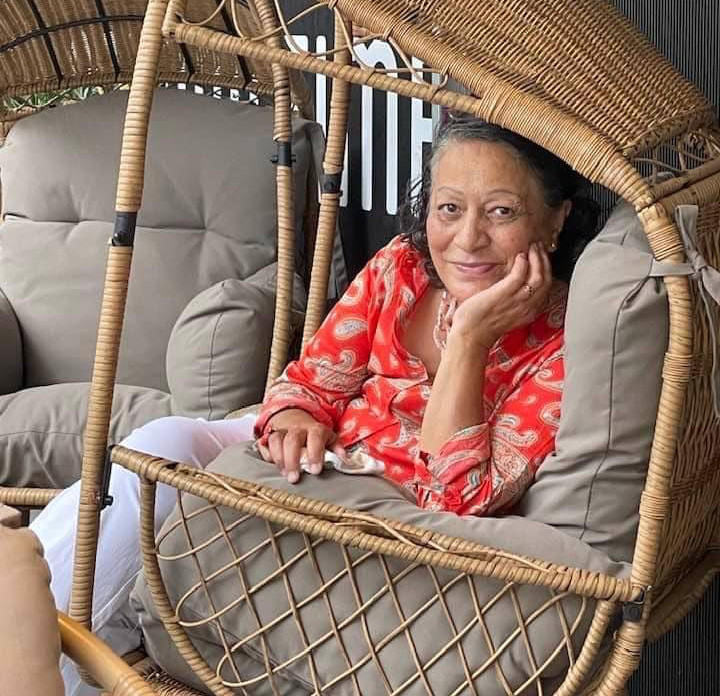Family togetherness to the end in Calvary Kogarah’s palliative care upgrade

Zane, a former Endorsed Enrolled Nurse (EEN) at Calvary for six years, experienced both sides of care.
Her son, Ben Porter, said it was a shock three years ago when the doctor said his mother had 6-12 months to live, but after two previous respite visits at the hospital, her final stay in palliative care was healing for the whole family.
Family togetherness at Calvary
“Mum, being an EEN at Calvary, had a broad overview and had seen her fair share of what works and what doesn’t,” said Ben.
“Our family supported Mum throughout her illness and a big thanks goes to my sister Margaret who was the main carer for her and helped her maintain her quality of life and independence.”
Ben said the experience in the palliative care unit at Calvary Health Care Kogarah allowed his mother to continue to have control and maintain dignity by working with the specialists to manage her pain and allowing her to be with her family.
“Here we had space for eight members of the family plus the large number visiting Mum,” he said.
“Family members could stay overnight, with four of us taking turns in Mum’s room or her joining us in the family room or the kitchen, it was a really different experience to when my Dad died.”
Palliative Care at Calvary Kogarah
Damon Peck, Nurse Unit Manager of the specialist palliative care unit at Calvary Health Care Kogarah, said when people are diagnosed with a life-limiting or terminal illness the desire is to be cared for with dignity.
Calvary Health Care Kogarah has delivered palliative care services to the St George community for more than 50 years, and the recent infrastructure upgrade allows the care to be even more inclusive of the whole person and their loved ones.
“Our goal is to relieve our patient’s stress and discomfort and provide the best support we can, to improve their quality of life and extend the time they have left,” Damon said.
“Our patients have a degree of comfort being with other patients and staff, who know what they are going through and we help them and their families through the process, in line with their cultural and religious preferences, letting them know what to expect as their illness changes and progresses.”


